In Philadelphia, an ambitious effort to restructure the district has been proposed. The draft Blueprint for Reforming Philadelphia’s Public Schools, released in April 2012, sets two distinct goals: 1) Safe, high-performing schools district-wide; and 2) The elimination of a more than $200 million budget deficit by 2014. The plan proposes to address the deficit through renegotiated contracts, increased city funding, and operational efficiencies. Like the district’s reforms in the 2000s, the plan also emphasizes significant decentralization of district authority to external managers. But while the reforms a decade ago kept a solid majority of public schools under traditional district management, the current blueprint has the potential to impact every school. The proposed restructuring plan draws explicitly on the portfolio management design of school governance, which emphasizes market principles, expanded choice, and a sparse central management unit atop diverse, semi-autonomous networks of schools. Resources are redirected from under-enrolled or low-achieving schools toward higher-performing or improving schools through the increased use of school choice and closure policies. Based on RFA’s research on Philadelphia’s prior experience with governance changes and diverse providers, the experiences of other districts, and an examination of the relevant literature, key considerations include funding, management capacity, accountability, choice and equity, and politics. The purpose of this brief is to inform Philadelphia’s education community, policymakers, and stakeholders as these discussions move forward.

Related Publications
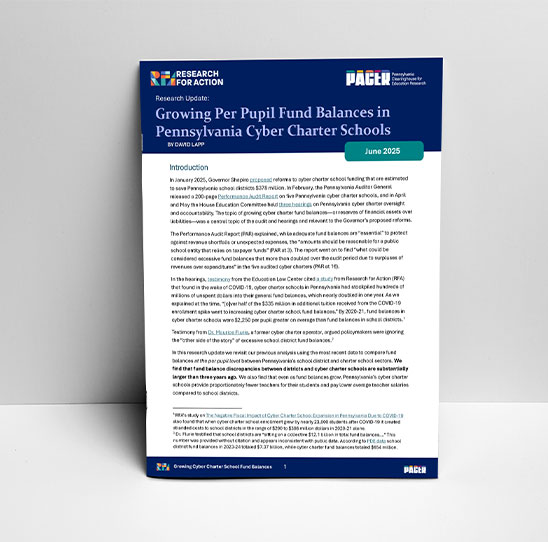
Publication
Growing Per Pupil Fund Balances in Pennsylvania Cyber Charter Schools
David Lapp
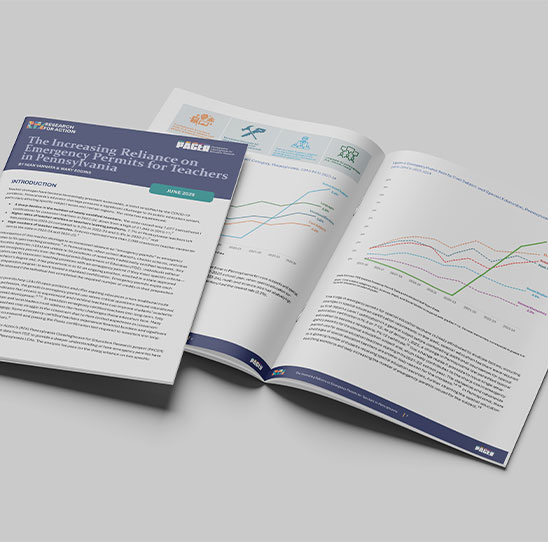
Publication
The Increasing Reliance on Emergency Permits for Teachers in Pennsylvania
Sean Vannata, Mary Eddins

Publication
Small But Mighty – An Audio Documentary
Siettah Parks, Kevin Burgess, Alita Robinson, Mary Eddins
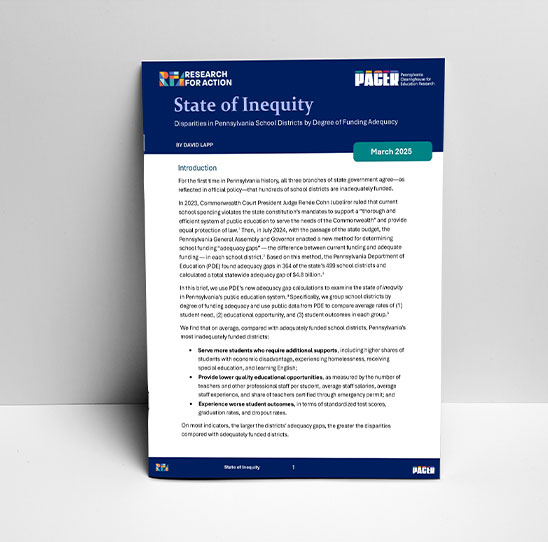
Publication
State of Inequity: Disparities in Pennsylvania School Districts by Degree of Funding Adequacy
David Lapp

Publication
Patterns of Student Mobility Among English Learner Students in Public High Schools in Philadelphia
Lindsey Liu, Sean Vannata
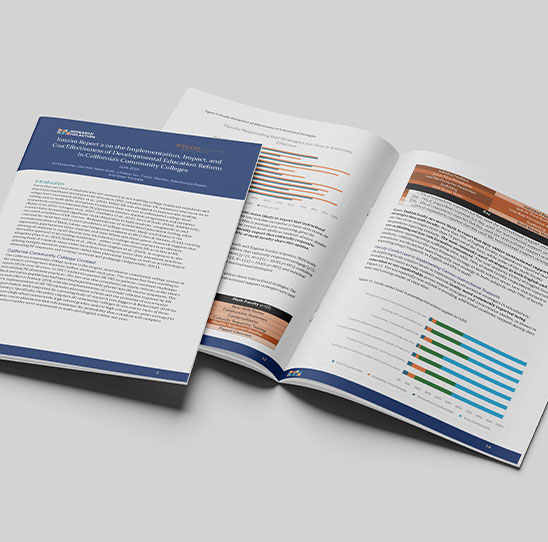
Publication
Interim Report 2 on the Implementation, Impact, and Cost Effectiveness of Developmental Education Reform in California’s Community Colleges
Kri Burkander, Dae Y. Kim, Mark Duffy, Lindsey Liu, Taylor Stenley, Keerthanya Rajesh, Sean Vannata
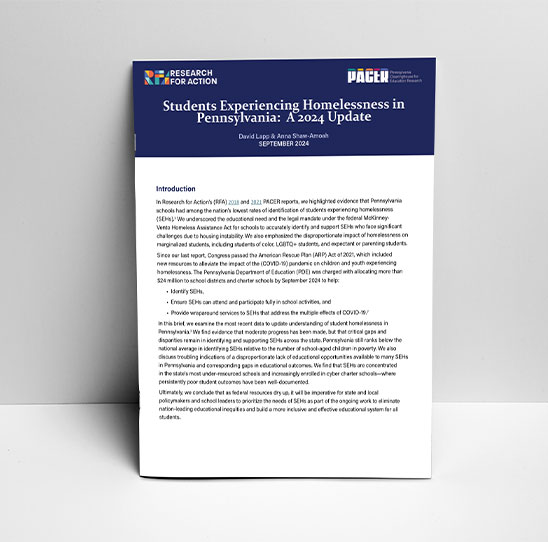
Publication
Students Experiencing Homelessness in Pennsylvania: A 2024 Update
David Lapp, Anna Shaw-Amoah

Publication
The When and How of Keystone Exams in the School District of Philadelphia
Molly Pileggi, Sean Vannata, Alyn Turner
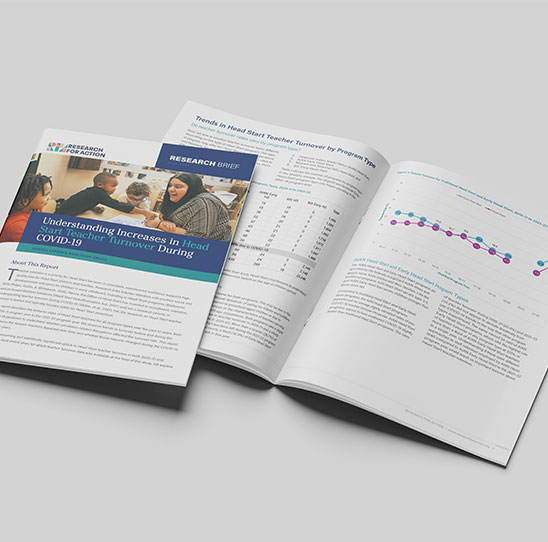
Publication
Understanding Increases in Head Start Teacher Turnover During COVID-19
Kendall LaParo, Anna Shaw-Amoah
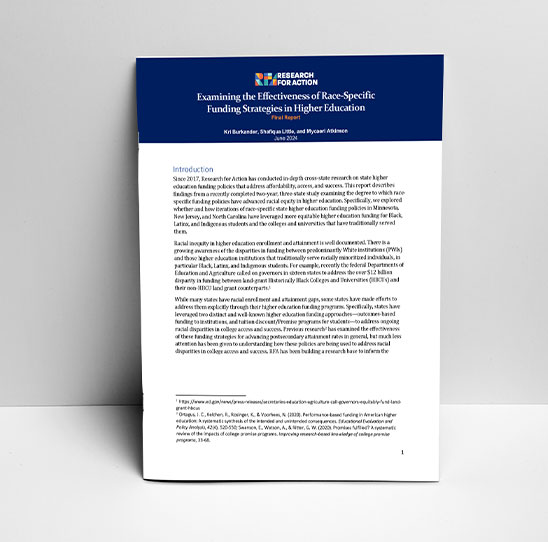
Publication
Examining the Effectiveness of Race-Specific Funding Strategies in Higher Education
Kri Burkander, Shafiqua Little, Mycaeri Atkinson
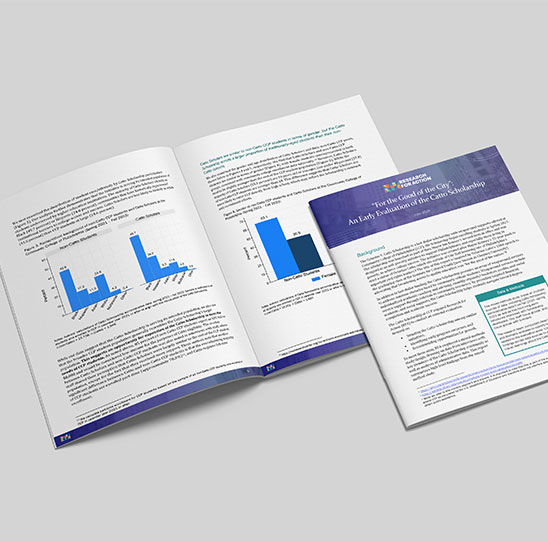
Publication
“For the Good of the City” An Early Evaluation of the Catto Scholarship
Kri Burkander, Karin Gegenheimer, Alita Robinson
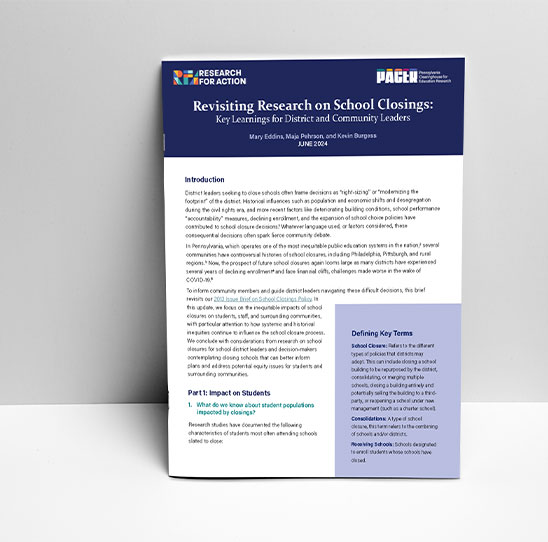
Publication
Revisiting Research on School Closings: Key Learnings for District and Community Leaders
Mary Eddins, Maja Pehrson, Kevin Burgess